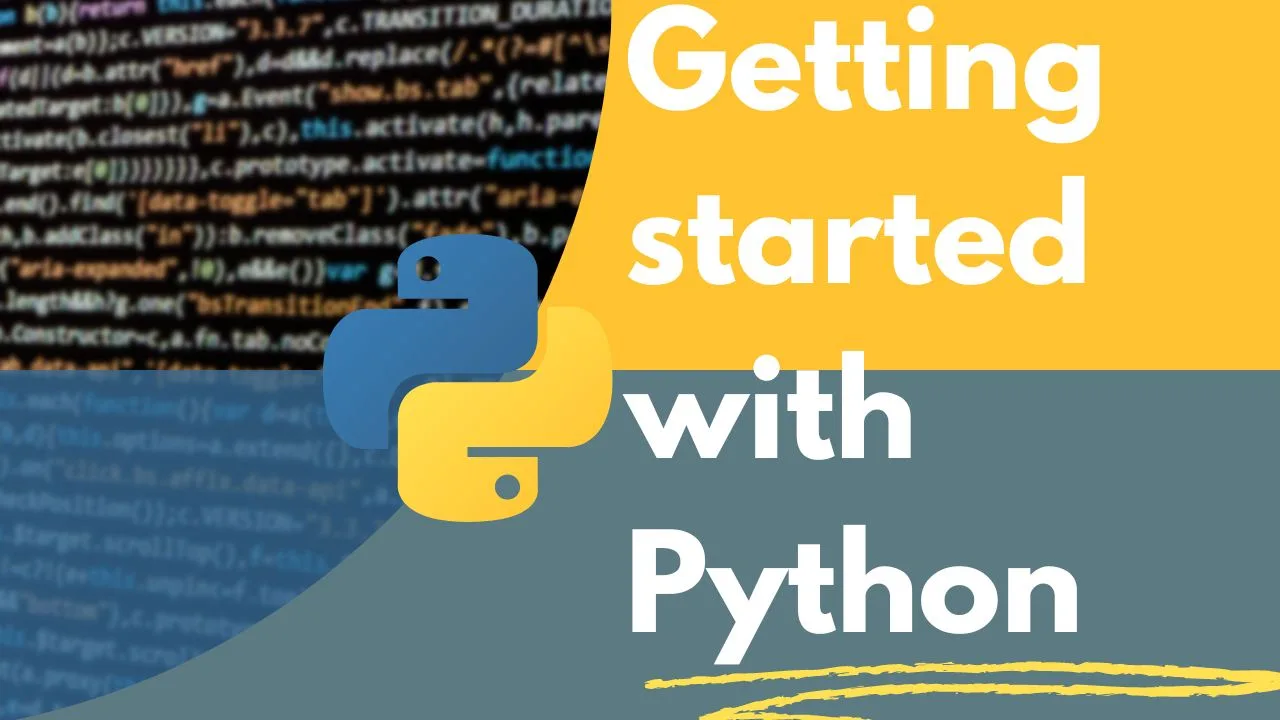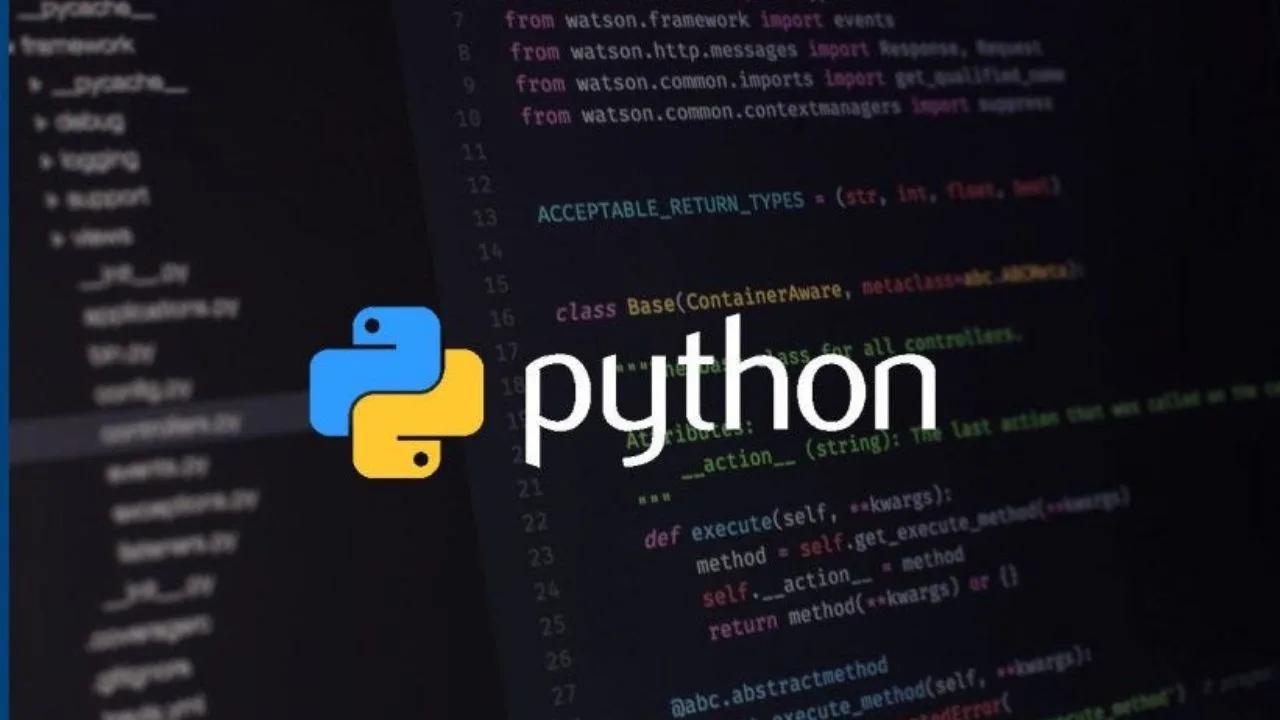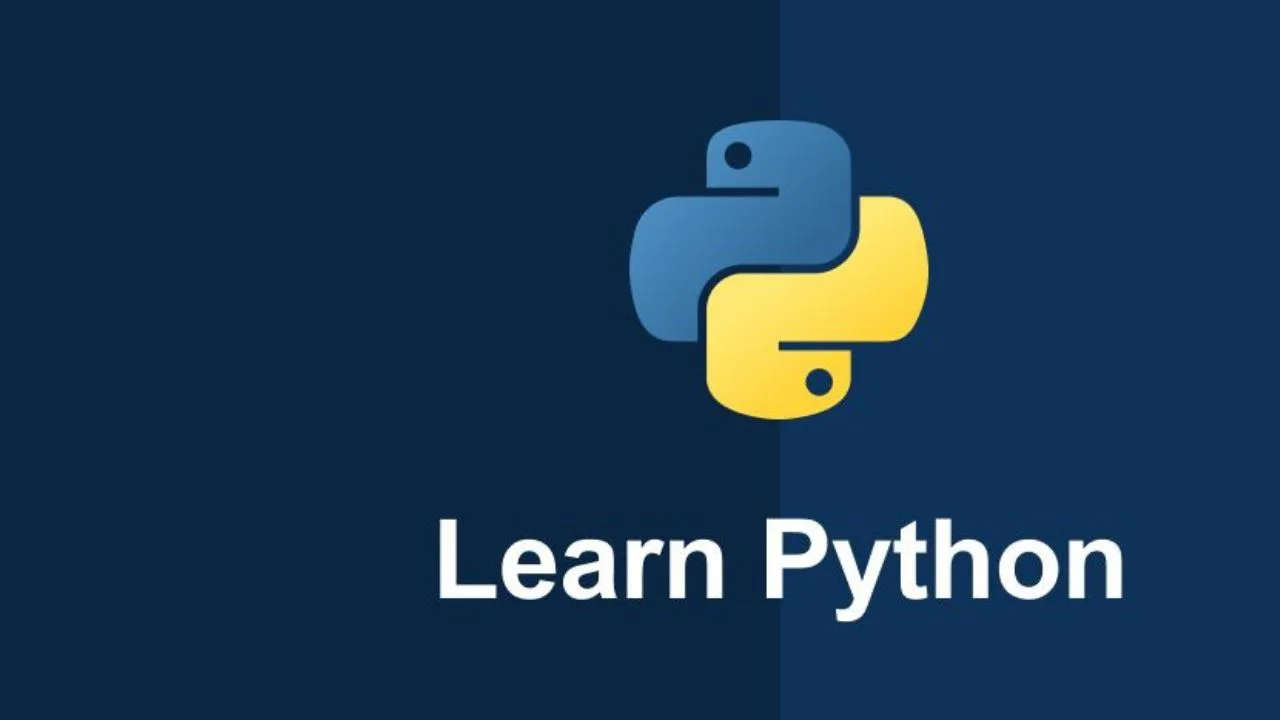Python is a high-level, interpretive programming language often used to build websites and software, analyze data, and automate tasks.
Programmers also use Python for
- Data Science
- Data visualization
- Artificial intelligence
- Software testing or prototyping
- Game development
- Desktop applications Systems administration

Learn the Basics
Start with the fundamentals of Python: Syntax and Variables: Learn how to write basic syntax and declare variables.
- Data Types: Understand different data types like strings, integers, lists, and dictionaries.
- Control Flow: Get familiar with if statements, loops (for and while), and how they control the flow of your program.
Install Python and Set Up Your Environment
To get started, you need to set up your Python environment:
- Download Python: Go to the official Python website and download the latest version. During installation, select the option to add Python to your PATH, which makes running Python commands easier.
- Choose an IDE: An Integrated Development Environment (IDE) makes coding easier. IDLE: Included with Python and user-friendly.
- VS Code: A powerful, customizable editor.
- PyCharm: A full-featured IDE for Python development.
Write and Read Code
Regularly writing and reading Python code will improve your skills
- Write Code: Practice coding regularly, even if it’s just for a few minutes a day. Try solving problems on the website.
- Read Code: Look at code written by others. Reading and understanding how others write code can give you new insights and techniques.
Python has a variety of applications
Python is widely used in data analysis and visualization, with libraries.
- Web development. Frameworks such as Flask are used for backend web development.
- Software development. You can use Python in software development for scripting, automation, and testing.
- Game development. You can even use it for game development using libraries like PyGame.
- Machine learning & AI. Libraries like TensorFlow, PyTorch, and Scikit-learn make Python a popular choice in this field.

Join a Community
Being part of a community can provide support and motivation: Online Forums: Websites like Stack Overflow are great for getting help and advice.
- Local Meetups: Networking with others can provide valuable learning opportunities.
- Python Libraries Requests: For making HTTP requests.
- Pandas: For data manipulation and analysis.
- Matplotlib: For creating plots and visualizations.
- Keep Learning Python is a constantly evolving language.
- Reading Documentation: The Python documentation is a comprehensive resource.
- Taking Advanced Courses: Consider online courses or tutorials on platforms like Coursera or Udemy.
Practice with Small Projects
Applying what you’ve learned to small projects helps reinforce your skills
- Basic Calculator: Create a simple calculator that can add, subtract, multiply, and divide.
- Number Guessing Game: Develop a game where the computer generates a random number and the user has to guess it.
